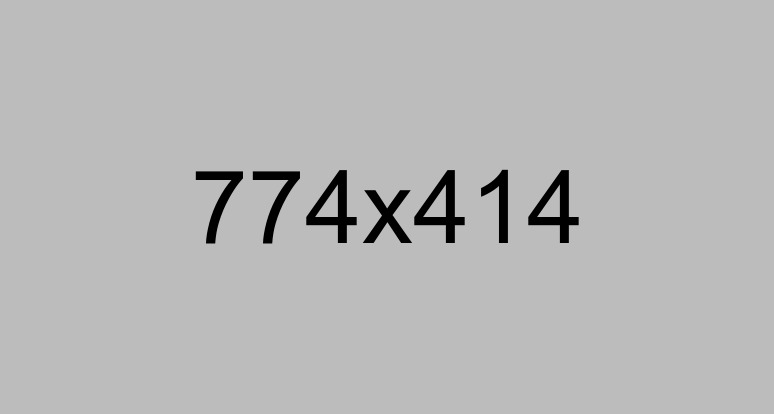Very Short Answer Questions - 1 Mark
Que 1. The ciliary muscles of a normal eye are in their (i) most relaxed (ii) most contracted state. In which of the two cases is the focal length of the eye-lens more?
Ans. In most relaxed state.
Que 2. Write in one word or at the most in one sentence about the following
(i) Mirrors used by dentists to examine teeth.
(ii) The smallest distance, at which the eye can see objects clearly without strain.
Ans. (i) Concave mirror (ii) Near point or 25 cm.
Que 3. Which defect of the eye can be corrected by using a cylindrical lens?
Ans. Astigmatism.
Que 4. A person is advised to wear spectacles with concave lenses. What type of defect of vision is he suffering from?
Ans. Near-sightedness/Short-sightedness/Myopia.
Que 5. Person is advised to wear spectacles with convex lenses. What type of defect of vision is he suffering from?
Ans. Far-sightedness/Long-sightedness/Hypermetropia.
Que 6. What is colour blindness?
Ans. Colour blindness is that defect of the eye due to which a person is unable to distinguish certain colours, sometimes even the primary colours.
Que 7. When a monochromatic light having only one wavelength, passes through a prism, will it show dispersion?
Ans. No it will not show dispersion. It will only show deviation.
Que 8. What do you understand by spectrum of white light?
Ans. The band of seven colours formed on white screen when a beam of white light (or sunlight) is passed through a glass prism is called spectrum of white light.
Que 9. The sun can be seen about two minutes before actual sunrise. Give reason.
Ans. The sun can be seen about two minutes before actual sunrise because of atmospheric refraction.
Que 10. Name the component of white light that deviates the least and the component that deviates the most while passing through a glass prism.
Ans. Least deviated component: Red
Most deviated component: Violet
Que 11. Why does the sky appear dark to astronauts?
Ans. For scattering of light, particles are required. Since there are no particles in space, the sky appears dark to astronauts.

